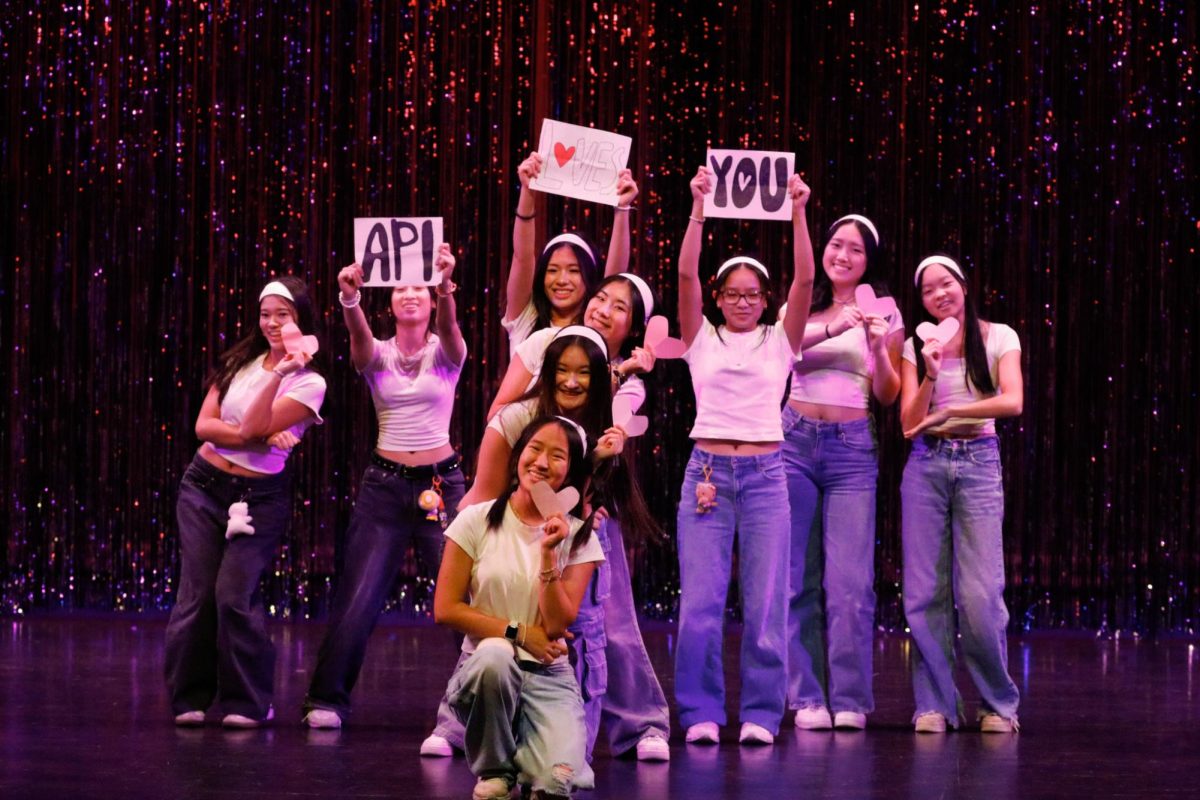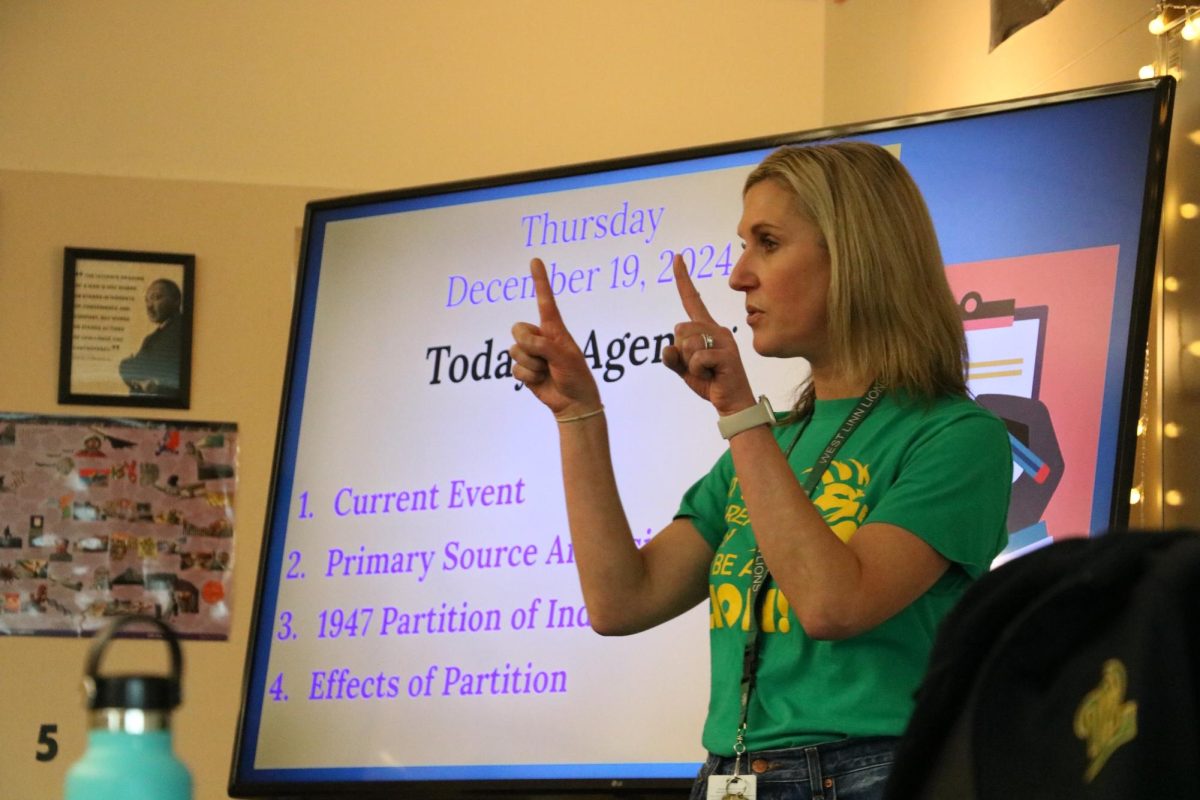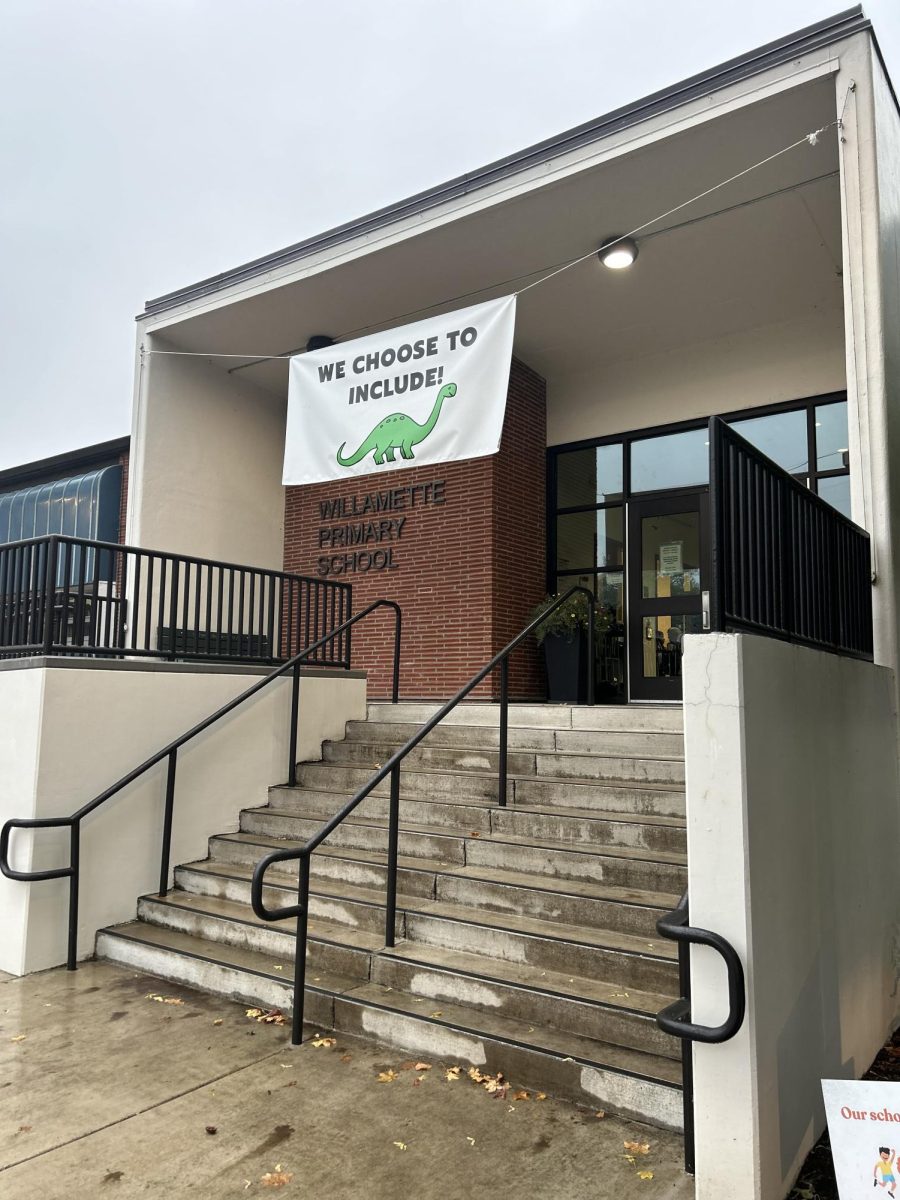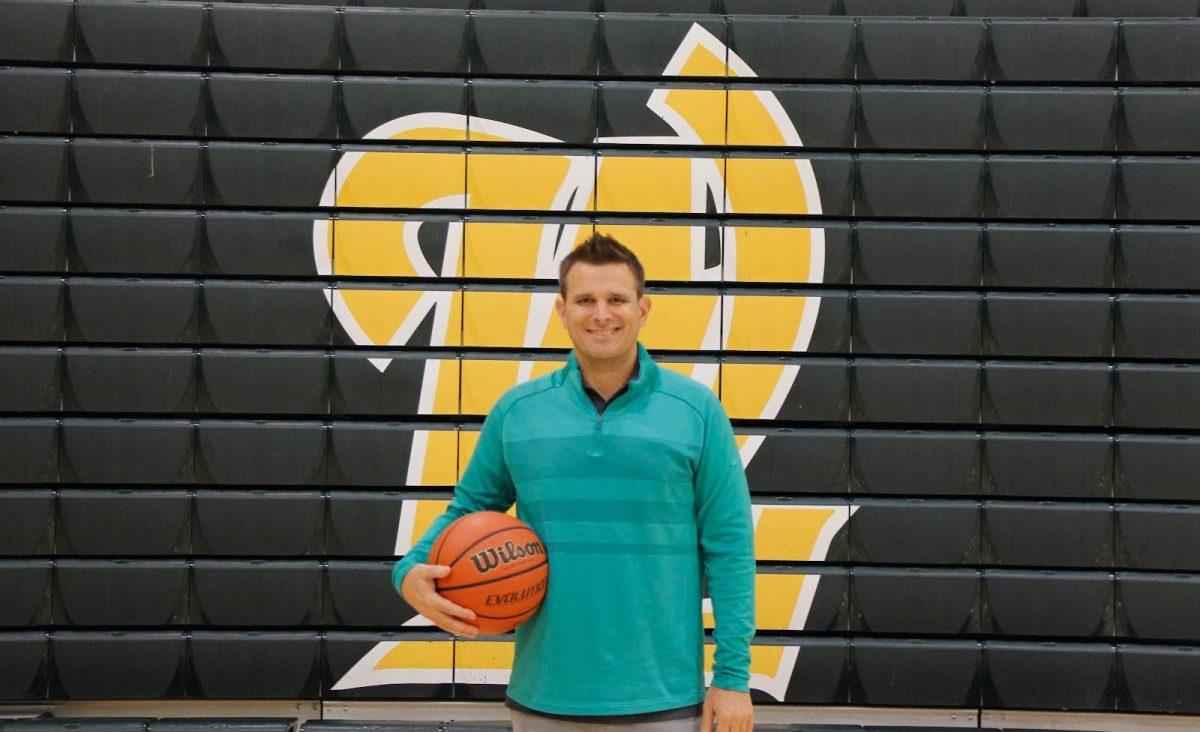15 myths of sexual assault
Mac McCarty, junior, and Ivy Potter, junior, portray that both genders can get sexually assaulted.
*Content Warning: Sexual Assault*
Dangerous myths of sexual assault are perpetrated throughout society, and these myths affect the survivors of sexual assault when the people around them don’t understand the impact of these myths. What you’re about to read shines a light on what these myths fail to consider.
1. Myth: If they didn’t struggle or fight back it wasn’t sexual assault.
Fact: Every person responds differently to assault. One of the common responses is the “freeze response,” which happens when the victim is physically unable to move or speak during an assault.
2. Myth: False allegations of rape are common.
Fact: Only up to 2% of reported assaults are false, and around 90% of cases go unreported.
3. Myth: Most sexual assaults are committed by strangers.
Fact: 90% of sexual assaults are committed by someone the victim knows, this is also known as acquaintance rape.
4. Myth: A person cannot sexually assault their partner or spouse.
Fact: If that person does not want an action to be done to them, and the action occurs anyway, that is assault. Nearly one in ten women have experienced rape by someone they know.
5. Myth: Sexual assaults most often occur in public or outdoors.
Fact: Nearly 55% of rapes or sexual assaults occur at or near the victim’s home, and 12% occur at or near the home of a friend, relative or acquaintance.
6. Myth: Rape does not happen that often.
Fact: There is an average of 293,066 victims, aged 12 or older, of rape and sexual assault each year in the United States. This means one sexual assault occurs every 107 seconds.
7. Myth: People that have been sexually assaulted will be hysterical and crying.
Fact: Everyone responds to trauma in different ways. There is are many stress hormones released into the brain and bloodstream when you are in danger, this is called the fight or flight response. This response varies from person to person, no one person will have the same reaction as another.
8. Myth: Men are not victims of sexual violence.
Fact: 1.5% of all men have been raped and 47% of bisexual men have been assaulted in their lifetime.
9. Myth: Wearing revealing clothing, behaving provocatively or drinking a lot means the victim was “asking for it.”
Fact: The amount of skin someone is showing is not a substitute for consent.
10. Myth: People who belong to the LGBTQ+ community don’t experience any sort of sexual assault.
Fact: 44% of lesbians and 61% of bisexual women experience rape, physical violence or stalking by an intimate partner; compared to 35% of heterosexual women.
11. Myth: There is nothing we can do to prevent sexual assault.
Fact: The best ways to prevent sexual assault is to talk about it (yes, especially with the people who don’t want to hear about it). Whether it is with your friends, family or someone else you trust, the more you talk about the issue, the more normalized talking about sexual assault will become.
12. Myth: Victims are at fault for the violence that has happened to them.
Fact: Sexual assault is never the victim’s fault.
13. Myth: There is no reason for a victim not to report being raped or sexually assaulted to law enforcement.
Fact: An assault survivor’s relationship with their offender has a strong effect on their likelihood of reporting. When an offender is an intimate partner, or a previous intimate partner, only 25% of sexual assaults are reported to the police. When an offender is a friend or acquaintance, only 18 to 40% of survivors report. When an offender is a stranger, between 46 to 66% of sexual assaults are reported.
14. Myth: People who commit sexual assault are mentally ill, abnormal perverts.
Fact: The people who commit sexual assault can be anyone. From your next door neighbor, to the person you pass in the halls everyday.
15. Myth: When people say no, they really mean yes.
Fact: Consent is a huge component in any relationship. Consent doesn’t just apply to sexual assault, consent applies to all forms of relationships. Whether they are romantic or friendly, consent always applies.
Hotlines:
National sexual assault hotline: (800)656-HOPE
National domestic violence hotline: 1(800)799-SAFE
National hotline for crime victims: 1(855)484-2846
Your donation will support the student journalists of West Linn High School. Your contribution will allow us to continue to produce quality content by purchasing equipment, software, and continuing to host our website on School Newspapers Online (SNO).

The need for a second home was eating at Zoe Barnett, junior, so much that she would take on anything that would make her feel at home. This attitude can...






























































![At the bottom of the third inning, the Lions are still scoreless. Rowe stands at home plate, preparing to bat, while Vandenbrink stands off to the side as the next batter up. Despite having the bases loaded, the team was unable to score any runs. “It’s just the beginning of the season. We’re just going to be playing out best by June, [and] that’s where champions are,” Rowe said.](https://wlhsnow.com/wp-content/uploads/2024/03/IMG_3077-1200x900.jpg)







































![All smiles. The group poses for a photo with last year’s book, “This is Our House,” along with their award for third Best in Show. Meikle, who was an Editor-in-Chief for the yearbook last year as well, holds both and stands at the center of the group. “That was an amazing feeling, going and grabbing the third place award,” Meikle said. “All of it paid off. I cried so much over that book, being able to receive [the award] was one of the highlights of my high school career, it was like the coolest thing ever.”](https://wlhsnow.com/wp-content/uploads/2024/11/8bookpose_philly-1200x800.jpg)


















